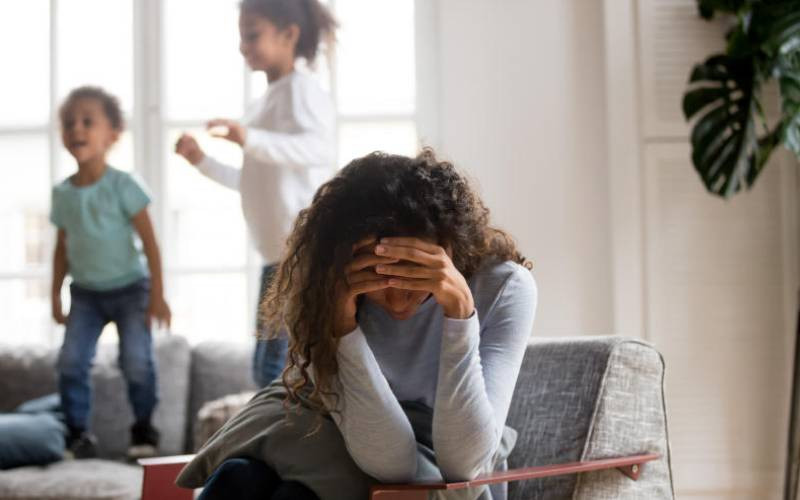
Children understand and process complex situations differently compared to adults and one of the hardest things for a parent to support a child through is grief. You may be going through grief but never forget that how you cope with the loss of a loved one directly affects your child.
Children may show grief in the least expected ways and handle it differently depending on their age, how close they were to that person and the support you give them. Here are some ways you can help your child deal with the loss of a loved one:
Do not lieSome parents prefer lying to their children in order to avoid indulging in this uncomfortable subject with their children. They will probably tell them their dad is at work and won’t be back for a long time or grandpa went on a safari. This might work especially with the younger kids but not for long. You are probably mourning too and you need the space but remember your children need to mourn too and get over their grief. When you lie to them it only means their grief is postponed and it is likely to hit them when they are older.
Use simple and clear wordsWhen breaking the news to them, be simple and clear with your words. For instance, tell them grandma won’t be visiting anymore because she died and if they still don't understand you can say they have gone to be with the angels. Ensure they understand what you mean by asking them how they feel and taking time to listen to them. Do not be scared to let your children see you cry or reminisce over loved ones, let them be part of the process so you can all heal together.

During the grieving period a lot of relatives and friends will be passing by the house or you may be the ones to go see a friend or relative. Inform your children of this in advance. Do not bombard them with crowds especially when they still don’t understand death fully. Always keep an eye on them and encourage them to talk so they don’t get stressed or confused. Do not let your child go through the process alone and fill in the gaps ignorantly.
Listen and comfortAs mentioned earlier, ensure your child understands that their loved one isn’t coming back and talk to them regularly. Listen to them, let them talk and reassure them. Let them in on how you are feeling, do not mask your own feelings to try and be the rock they need. They need to see you grieve so they can understand it’s normal to feel like they do. Talk about death in general as a transition in life but do not scare them into thinking it’s a bad thing.
Take time to healTake time as a family to heal. Grief takes time and be sure to have ongoing conversations with your children to gauge how they are doing. Healing doesn’t mean you forget about your loved one or stop mentioning their name, it means letting go of the sad memories and embracing the positive ones. Stir good feelings by recalling the happy moments you shared together. Remember as you help your children grieve, you need to take care of yourself too.
 The Standard Group Plc is a multi-media organization with investments in media
platforms spanning newspaper print
operations, television, radio broadcasting, digital and online services. The
Standard Group is recognized as a
leading multi-media house in Kenya with a key influence in matters of national
and international interest.
The Standard Group Plc is a multi-media organization with investments in media
platforms spanning newspaper print
operations, television, radio broadcasting, digital and online services. The
Standard Group is recognized as a
leading multi-media house in Kenya with a key influence in matters of national
and international interest.










